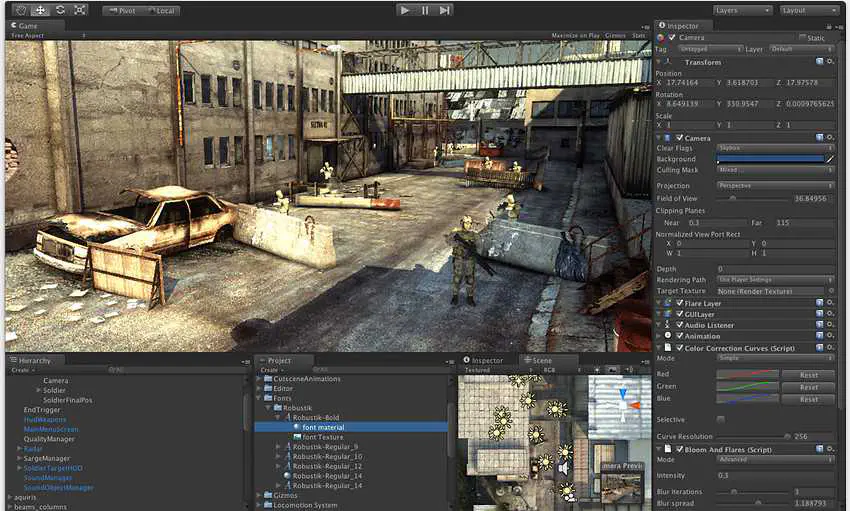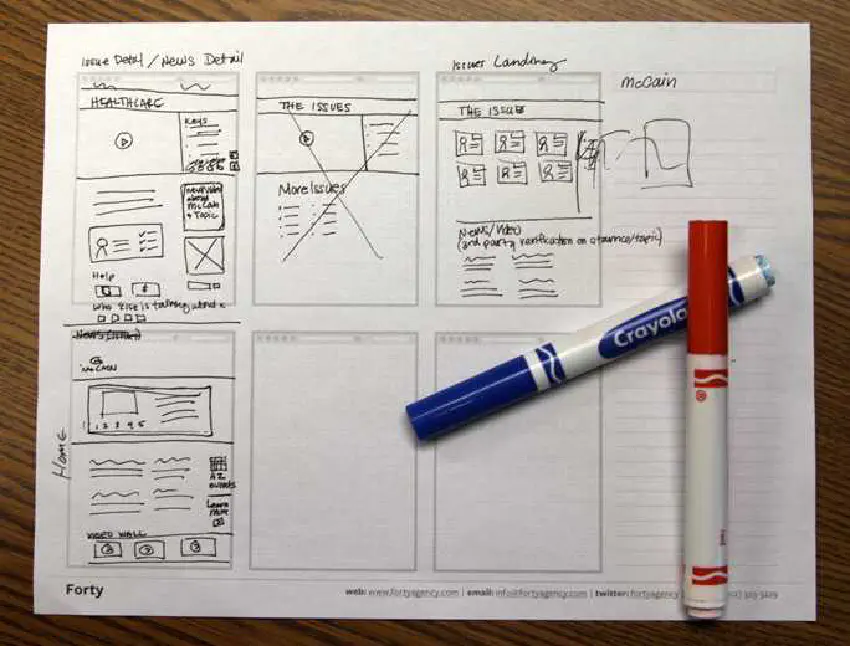
The New Business Scenario for Games
There was a time that making and selling games was simple. puf�. old times. The last years opened several options. The amount of variables now can be a bit overwhelming and inevitably will make people get the wrong conclusion. A lot money to be made and to be lost!
Indies
The indie movement is officially in vogue. World of Goo, Limbo, Amnesia, Darwinia� they made, together, quite some revenue and receive amazingly good critics. The small financial risk, the creative independence to explore some bold choices are all elements of its rise.
A important part of the emergent trend of indie games is the access of good middleware. Unreal released the same award winning engine that power AAA games in an indie-kinda-friendly license. UDK, its name, is impressively complete. Torque continue to expand. Unity 3D 3 is better than ever and even big fishes are using it. The cost of AAA tools reduced so much that the “limited only by our imagination” clich� is now more true then ever.

Handheld
Recent data indicates that the handheld (game-only devices) market is in decline, mostly because the smartphones are now powerful enough to host not only Tetris and Bejeweled but full featured 3D games. Some games for iPhone and Android are really impressive. And because the distribution costs are really a tiny fraction from a full console distribution (Apple store and Android Market only charge a small percentage), the market is dominated by indie companies, that have a better development cycle ans scale.

Browser
Zynga, by generating more revenue with FarmVille than Facebook entirely, proved that casual gaming can be lucrative and be a big-company business. But like the new handheld scenario, it’s flooded by low quality titles made by indies. Zynga also proved that micro-transactions can be considered as a serious option. Several big 3D engine suppliers are creating browser plugins so more high quality games can be placed in an internet only environment.
Consoles
With the new motion controllers and online strategies, consoles are living a new good era. The prices are going down and they are getting even more popular on south american, asian and eastern european countries. The problem in this segment is the high competition in the AAA tier. The production cost is so high that is getting more and more common to read about studios being closed or rearranged after one single bad-selling project.
Cloud
The most surprising things on gaming, almost unbelievable, is the use of external computing for gaming. OnLive (defunct) is already live and sells games as service: they run the game in their computers and you only need a monitor and joystick/keyboard. No need for a top-notch computer or console. The games could be even played, at full power, in a tablet or old computer.
The amount of computing power needed is enormous. And I mean it: I cannot think that they invested less than billions of dollars in several data centers. The paradox is the servers are all in US, the very market that games prices are lowest and piracy is not a major issue. Brazil, Russia and Europe would be much more receptive to this model, but I don’t think the cost would ever pay off�
The bottom line is: for major companies, the “several studios working on a single franchise ratter than several franchises being developed by a single studio” mantra will still apply. Call of Duty and GTA will continue to generate millions. But I foresee the rise of several small and mid-sized companies that will focus on niches pointed above. Zynga is one of them. I believe that there will be a quite a number that will make the break even point and grow simply because the market size expanded and entry barriers lowered.
Good luck.

Edited 2022-07-13: Torque



















